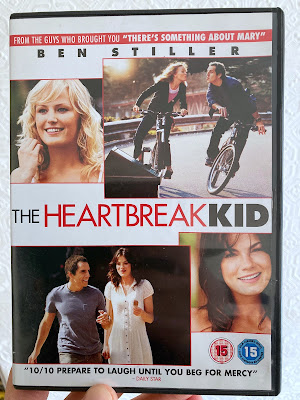Directed by Forest Whitaker, this is a bland romantic drama that’s not very romantic or dramatic.
The oddly named Birdee Pruitt (Sandra Bullock) is humiliated on national TV when her husband reveals he’s having an affair with her best friend (an uncredited Rosanna Arquette). Birdee takes her young daughter Bernice (Mae Whitman) and goes to live with her mother Ramona (Gena Rowland) in her hometown of Smithville, Texas. While trying to come to terms with the changes in her life, she falls for former classmate Justin Matisse (Harry Connick Jr).
It’s extremely uneven. The script is poor and the characters aren’t developed much. That said, there are a couple of good moments – Sandra Bullock does the “throwing up and feeling ill on the bathroom floor” scene fairly well, and the daughter being abandoned by her shallow father felt all too upsettingly plausible.
There are various oddities in the film:
1. Ramona is a taxidermist, so her large house is full of creepy stuffed animals – a quirk that's apparently unrelated to everything else in the story.
2. Ramona is bringing up another abandoned grandson, Travis, who spends all his time dressing up in silly costumes. Why? It's unclear how we're meant to feel about that.
3. Harry Connick Jr seems sweaty in every scene, even when he's not doing anything.
4. Some of the shots are out of focus – even basic technical stuff seems to have been problematic for the filmmakers.
5. Birdee works in a shop developing photos, but messes up most of them. Meanwhile, her boss says that he likes looking at the dodgier images they are given, which he makes copies of and keeps in a special drawer. That makes him seem pervy and weird, but this thread is never followed up.
There’s an overall strangeness about Hope Floats that’
s difficult to pin down. On one level it seems quite reasonable. But on another level, there's almost nothing about it that actually works.














